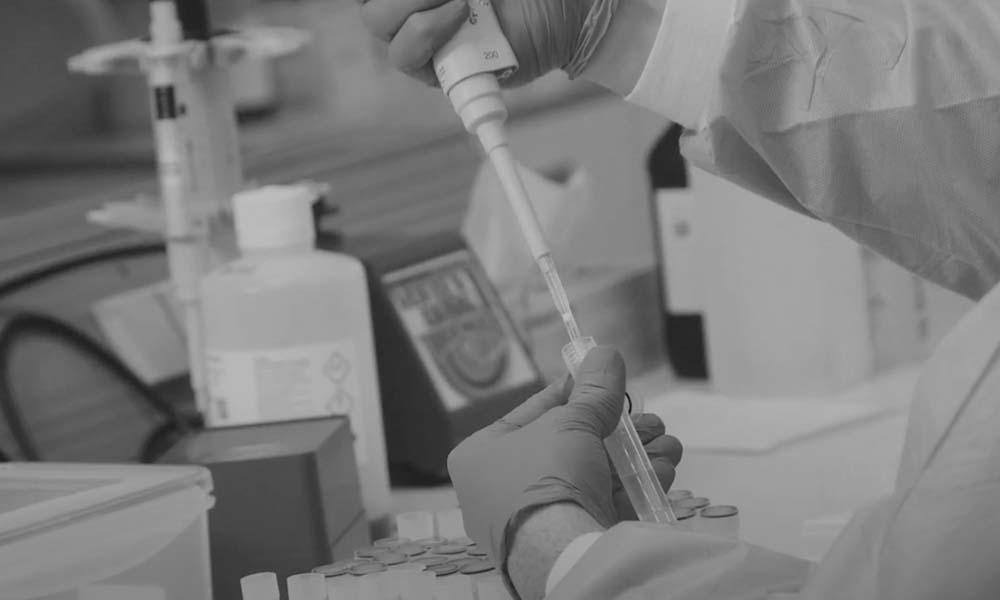
Sustainability transformation is more significant than ever. As we navigate the everyday challenges of our personal and work lives, we now have the added concerns of Covid-19, its trials and tribulations, and the current stress of ensuring our pandemic preparedness. The pandemic has exposed vulnerabilities in all levels of society. Both private and public sectors need supply chains that deliver effective solutions to get their products and services to market.
It’s core to how we operate at NTT DATA Singapore because we focus on innovative solutions that integrate services around the needs of businesses and citizens. Operational efficiency, customer engagement and satisfaction, product design, brand reputation, employee engagement and risk rationalisation are therefore critical factors for us. To deliver sustainability transformation, we believe these focus areas should permeate throughout all levels of an organisation’s structure and across the value chain.
The pandemic has exposed vulnerabilities in all levels of society, and both private and public sectors need supply chains that deliver effective solutions to get their products and services to market.
In every organisation’s journey towards sustainable practices and sustainable growth, technology will have a starring role. Across industries, forward-thinking leaders are embracing the opportunities that new digital tools offer (both to improve engagement with customers and to measure and optimise operational impact); Covid has only accelerated this shift.
We’ve worked closely with two key industries that have been significantly impacted by the pandemic, witnessing firsthand how the accelerated rate of sustainable transformation has been crucial to their daily functions and operability: healthcare and education.
Better together: partnering for sustainability in healthcare
We will only be able to overcome the challenges of 2021 and beyond through a spirit of open collaboration. We believe that sustainability within the healthcare industry means partnering with our clients to create a stable, quality, integrated healthcare system.
Given the ever-changing nature of the Covid virus, its variants and the possibility of future societal disruptions, we need robust structures that contribute to improved operational efficiency and responsiveness to real-time data.
For example, we could be creating solutions and systems that provide the highest quality patient experience through thorough application of design thinking principles, factoring in cultural, societal and environmental concerns that would impact the stability of the healthcare system. Financially, all these factors must be carefully considered, in line with the overall organisation’s goals and workforce planning strategy, and to minimise any untoward impact on the value chain.
Seeing sustainability from a medical perspective means assigning resources appropriately (both human and material), bearing in mind the health and wellbeing of staff members – the most crucial factor in the value chain – as they sit on the front lines of delivering healthcare.
Tools we have developed in healthcare digital transformation focus largely on digital health, AI in medicine and intelligent automation. Leveraging these tools allows the industry to:
Improve user engagement – enabling better patient engagement and population health;
Digitise, integrate and automate processes across the value chain – improving diagnosis and productivity;
Generate insights from data – transforming data into advanced operations and clinical knowledge and strengthening the response to the pandemic.
Best of both in education: sustainable hybrid learning solutions
The education industry has been significantly impacted, with schools temporarily shut worldwide during Covid spikes. Home-based learning determined how lessons could best be taught when face-to-face instruction was either limited or not available at all.
Connectivity issues, availability of devices, effective learner engagement (especially those with unique learning needs), submission of coursework, analysing data insights from student records and staff being able to do their job effectively – everything was turned 180 degrees. Teachers, students and the school system itself were abruptly faced with a new way of learning.
Moreover, both students’ and staff’s mental wellbeing, physical health and safety needs were a core concern. To run all these moving parts seamlessly, our partners required a strong and integrated policy, and a robust operations and technology system.
Ways that new technologies offer sustainable hybrid learning solutions, which allow optimised operational efficiency together with quality solutions to benefit both student and educator, include:
End-to-end hybrid learning allows educational institutions and training providers to have learning continuity through building common data and digital platforms. This helps maintain an integrated sustainable education system, minimising platforms and technology solutions to reduce the organisation’s carbon footprint.
Remote synchronous learning lessens the need for transportation to various locations for both students and e-educators or trainers. It allows for mass education and training opportunities that further saves on carbon footprint.
The Singapore Government’s blueprint for education calls for the integration and consolidation of platforms such as Training Management Systems (TMS), Learning Management Systems (LMS), data warehouses and CRMs that we see more commonly now. These sustainable tools help streamline and consolidate mass resources, costs and carbon load on different public sector organisations.
Immersive education solutions such as XR/AR (Extended Reality/Augmented Reality) allows educational organisations to scale up authentic assessment of skills. These skills would normally take a lot more resources to reach the kind of mass levels that can be achieved via XR/AR, saving on workforce output and the amount of time spent sieving through piles of data.
Robotic Process Automation (RPA) removes the inefficient work processes that unnecessarily burden the educational workforce. This, in turn, saves on electricity, wages, time and overheads, while increasing productivity.
Supporting the transformation goals of our clients and partners
There are countless ways that businesses can facilitate the sustainability transformation of their clients and collaborators.
A recent example is that of an Institute of Higher Learning (IHL) in Singapore, one of our clients, who needed a smart energy solution for one of their buildings, a greenhouse, to progress a set of sustainability goals. We designed and built an energy management platform, leveraging a product called Ignition (owned by Inductive Automation). Using sensors in the greenhouse, the solution collects data from different areas and displays this on a dashboard – showing real-time measurement against KPIs, such as:
Energy consumption trend;
Current energy consumption;
Current water consumption;
Water treatment and management;
Cost savings from water saved and green energy produced.
Measurement is crucial in supporting client organisations to reach their environmental, social and governance targets. So, solutions such as this for measuring energy consumption are a fundamental piece of the sustainability puzzle. Through the customisation and integration of services to meet their business needs, as well as their operational and reporting requirements, we were able to help this client achieve their transformation goals.
NTT DATA has always been heavily invested in the improvement of the wider society it serves. As an organisation, we constantly evolve to meet new challenges head-on and think creatively by seeing opportunities in all scenarios. In this way, we can continue to ensure our organisation, our clients and our communities maintain long-term sustainability and profitability.



